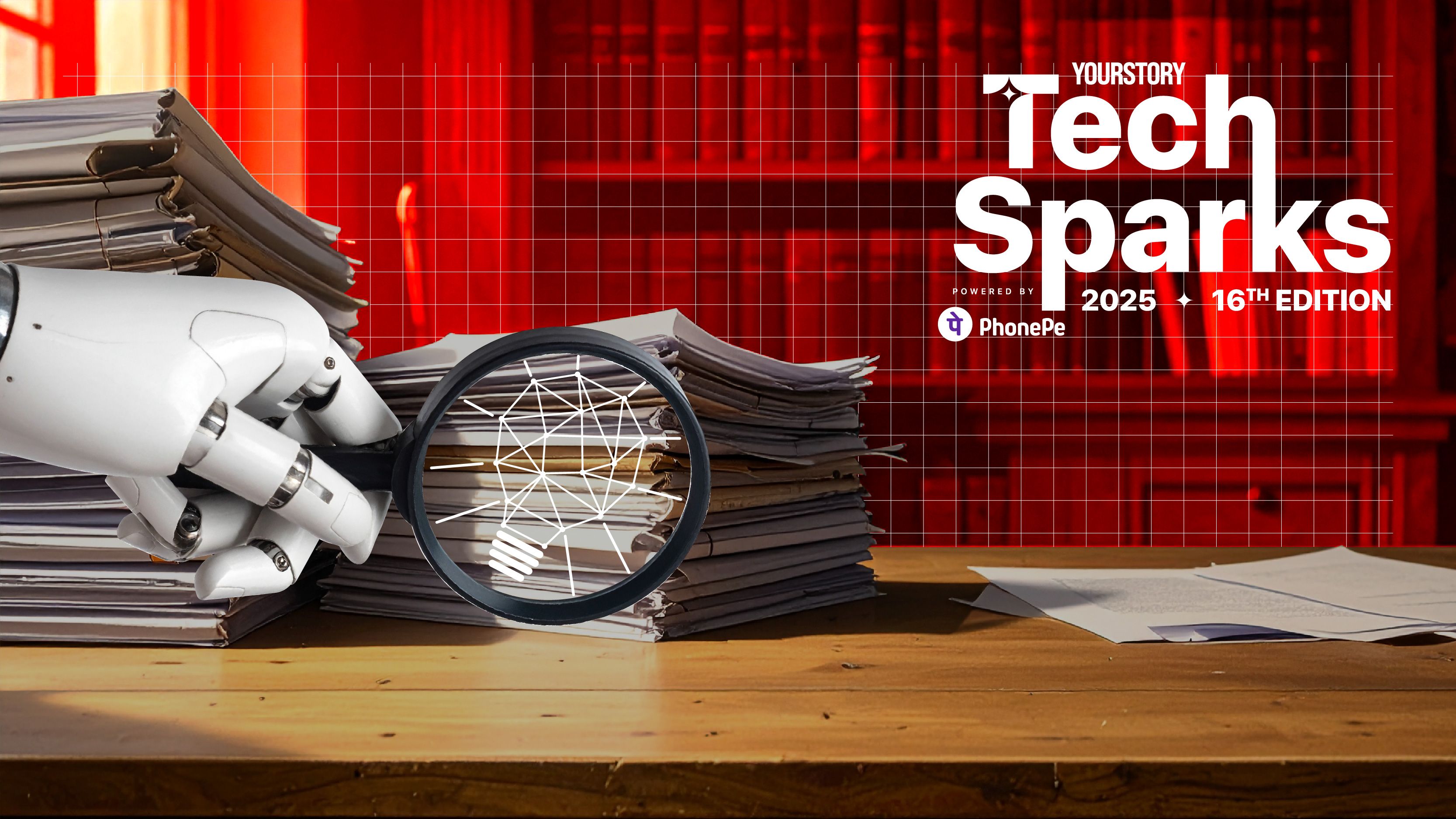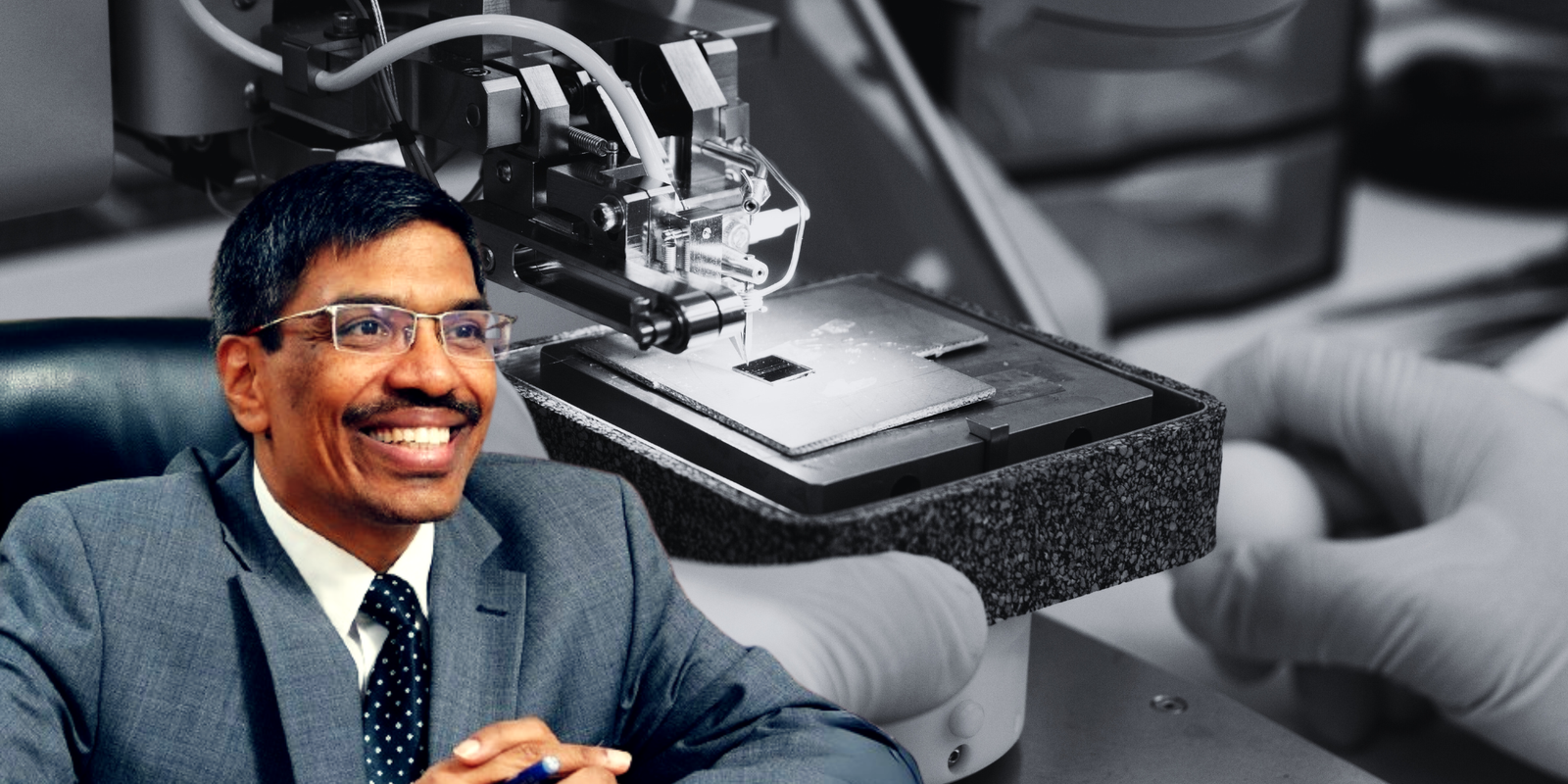From courtrooms to code: How Indian lawyers are warming up to AI


Amara’s Law, which states that the impact of a technology is overemphasised in the short run but underestimated in the long run, has proven apt for legal AI. Across the world, and particularly in India, evangelists riding the AI bubble made lofty promises: 70-80% faster legal work, obsolescence of junior lawyers, and an efficiency revolution. These utilitarian promises, as Amara’s Law predicts, have largely fallen flat.
Yet, something more profound is happening as legal practice moves past the hype to confront both the limitations and genuine transformative potential of AI.
Beyond the hype: A quiet transformation
The legal sector, particularly in India, has been an industry notoriously rigid due to antiquated regulatory requirements, stringent data/privacy rules, and a general risk-averseness on the part of lawyers. Early legal AI adoption has already started to face significant skepticism as promised efficiency gains fail to materialise. Yet, for many lawyers willing to look beyond the hype, legal AI has offered genuine opportunities to reimagine practice.
Over the past year, compelling legal AI adoption stories have been emerging from law firms across India; not because they delivered the promised 80% time savings, but because they enabled entirely new ways of practising the law. While Khaitan & Co. experimented with their own GPT, Trilegal partnered with a legal AI provider to co-build, learning through trial and error what actually works. Trilegal’s innovation push was bolstered by a strong digital innovation group that looked beyond productivity to fundamentally reimagine how the firm practises law. Trilegal now uses legal AI, inter alia, to unlock insights buried in vast transaction datasets, surface patterns across precedents, and reconcile inconsistencies across long-form documents and briefs.
At S&R Associates, which also advanced with a partnership-led model, partners like Sudip Mahapatra deploy legal AI to streamline due diligence and deal workflows and identify red flags early, while freeing lawyers to focus on strategy and risk assessment. K Law, too, leverages legal AI not simply to shave off hours but to deliver measurable gains in quality and shift lawyer time to higher-order analysis. Bombay Law Chambers, meanwhile, found yet another possibility: using legal AI to analyse billing data and timesheets to deploy resources more strategically and help clients see around corners.
But it’s not just the full-service law firms. Boutique law firms like Axiom5 Law Chambers, Jerome Merchant Partners, and ANR Law, Dehradun, have been quick to realise the value that legal AI brings to specialised practices. Samir Gandhi, co-founder at Axiom5, for instance, uses legal AI not merely to respond to client queries faster but to crunch massive antitrust regulatory datasets for richer qualitative and quantitative insights.
In-house teams and clients, too, have joined in, often finding that legal AI’s real value lies beyond lofty promises. The general counsel at True North, an early adopter, uses legal AI to synthesise knowledge across the private equity fund’s documents (SHAs, SPAs, and NDAs) and apply it to new deals, leveraging institutional memory. Similarly, VCs at Elevation Capital and Z47 aren’t just using AI to cut down time on documentation; they’re also using it to identify patterns across deal structures and to benchmark clauses against industry norms.
Even in tightly regulated industries, where AI adoption faces the greatest skepticism due to overblown claims, innovative mindsets find ways to adapt. ICICI Bank’s legal team, for instance, adopted AI for research and case-law summarisation, carefully avoiding proprietary data while transforming how the team approaches regulatory analysis.
Democratisation of legal expertise
Legal AI’s potential isn’t limited to well-heeled law firms; it’s spreading across places like Raipur, Ahmedabad, Ludhiana, and beyond. Independent litigators and young legal upstarts, who often lacked access to institutional knowledge of law firms, directly impacting their ability to take on certain types of work, are now leveraging legal AI.
Take the case of Raipur-based Amit Agrawal, an independent litigator: without the benefit of decades of firm templates and precedents, he now leverages legal AI to serve clients across taxation, M&A, insolvency, and regulatory work. More importantly, for him, legal AI acts as his external quality control, reviewing and countering his drafts to ensure they are watertight.
This isn’t just about access to efficiency-enhancing tools; it’s about the democratisation of legal expertise itself. When a solo practitioner, anywhere in the country, can deliver high-quality legal outputs without institutional advantage, legal services are likely to become more accessible.
Legal AI’s long game
AI innovation in law has been sold based on over-hyped efficiency gains and magical experiences: due diligence in 10 hours instead of 40, petitions in two days instead of a week, or research in minutes instead of hours. These utilitarian promises, championed by eager marketers, have been moderately disappointing.
While legal AI’s tangible impact on everyday legal practice transcends such simplistic promises, its penetration and adoption remain abysmal. And it is not a lawyer’s traditional mindset that is impeding adoption.
Solution providers building legal AI have failed to give them a delightful experience in using technology. Lawyers wanting to go digital face several tech tools: PDF readers, word processors, OCR tools, translators, research databases, document drives, file managers, AI websites, and countless others, each with its own learning curve. This fragmentation deflects attention and entrenches grunt work, leaving little room for judgement, creativity, or strategy.
The challenge, and the opportunity, for legal AI providers today is to drive the slow, deep transformation of legal practice while using AI capabilities to provide a delightful digital experience to lawyers. When lawyers’ attention is no longer split across dozens of disconnected tech tools, when large datasets speak seamlessly to each other, and when hitherto inaccessible insights are available both to large firms and independent litigators, there will be a concrete overhaul of the legal sector, in India and beyond.
Lawyers may once again fall in love with the law, focusing on what drew them to it in the first place: solving complex problems, crafting elegant arguments, and enabling justice.
Vasu Aggarwal is the co-founder of Lucio, an AI-powered legal tech platform. The startup has secured contracts with top Indian law firms, including Trilegal, S&R Associates, and Bombay Law Chambers, among others.
(Disclaimer: The views and opinions expressed in this article are those of the author and do not necessarily reflect the views of YourStory.)
(Learn more on how AI is reshaping India’s startup ecosystem and be part of this change only at TechSparks 2025. Join us at Taj Yeshwantpur, Bengaluru, on November 6–8 and be part of the innovation shaping the nation’s future. For more information, click here.)
Edited by Sohini Mitter and Teja Lele
Discover more from News Hub
Subscribe to get the latest posts sent to your email.







